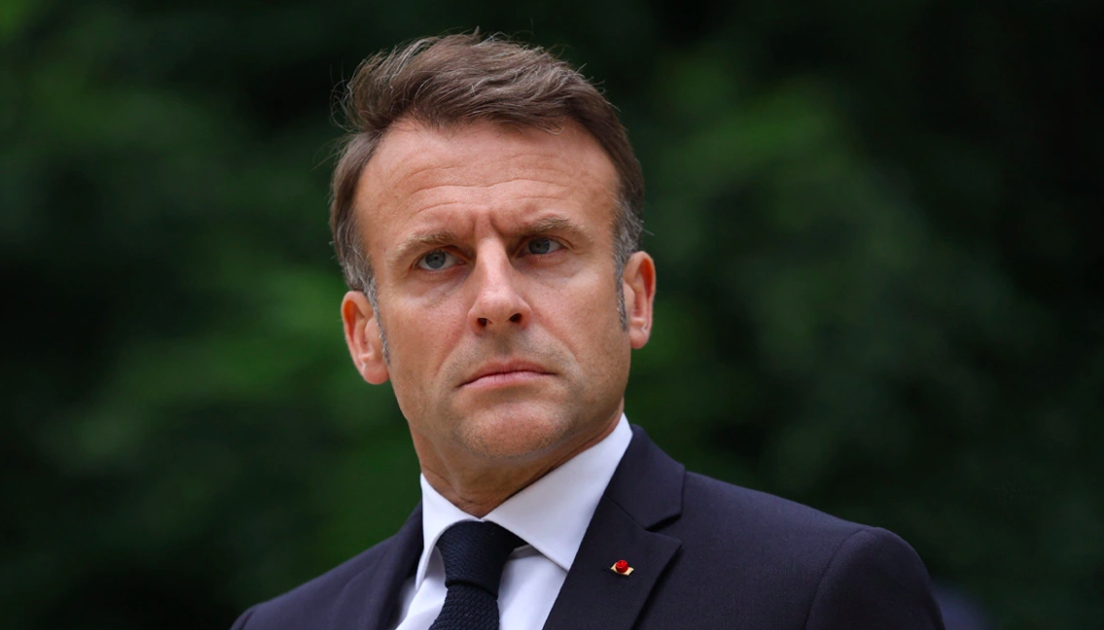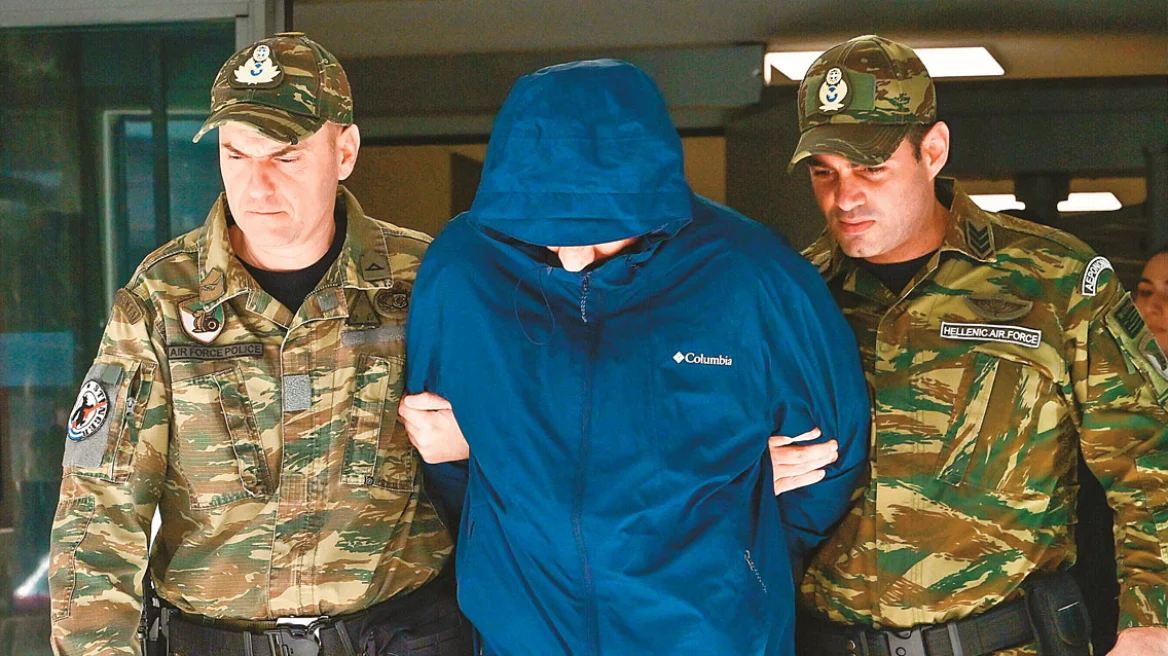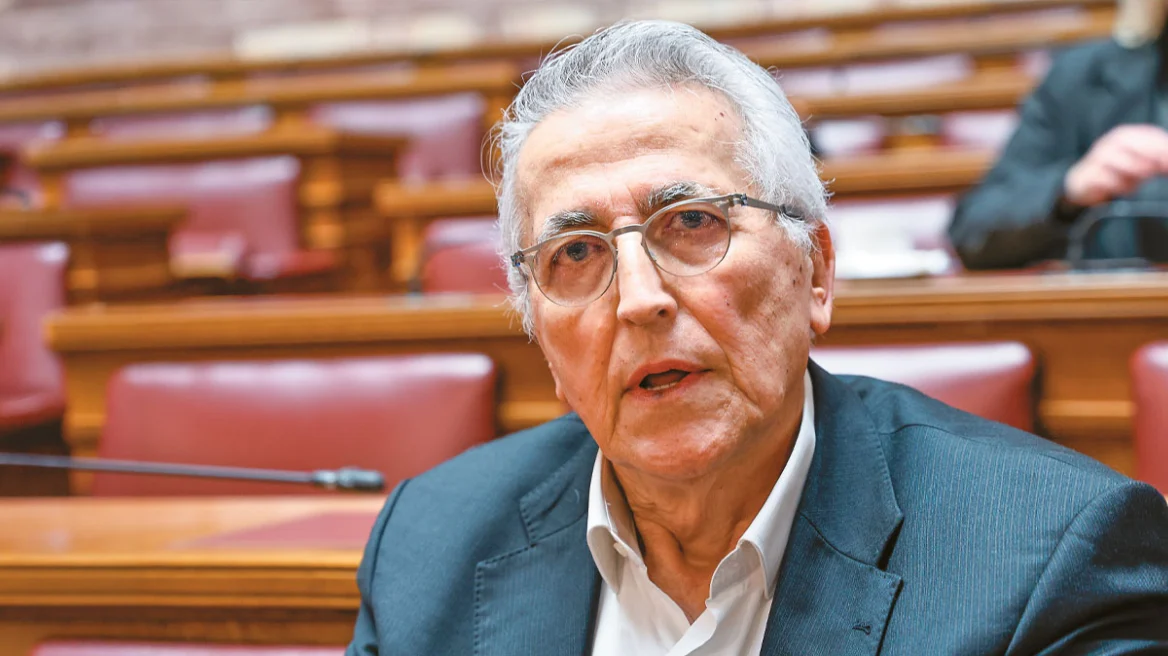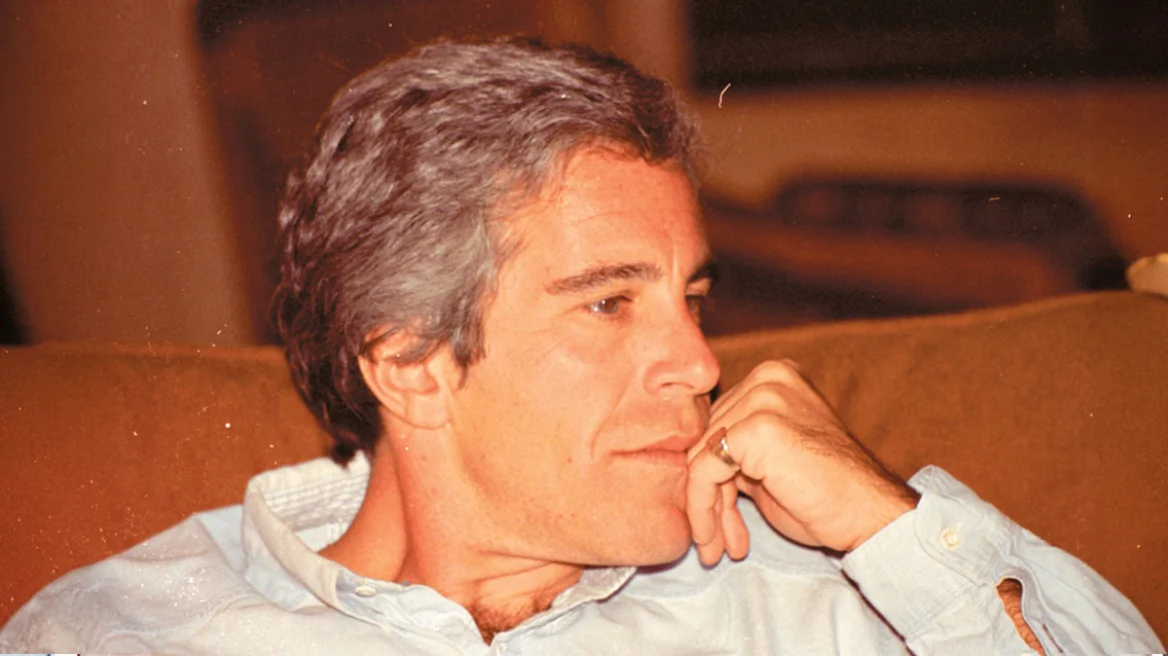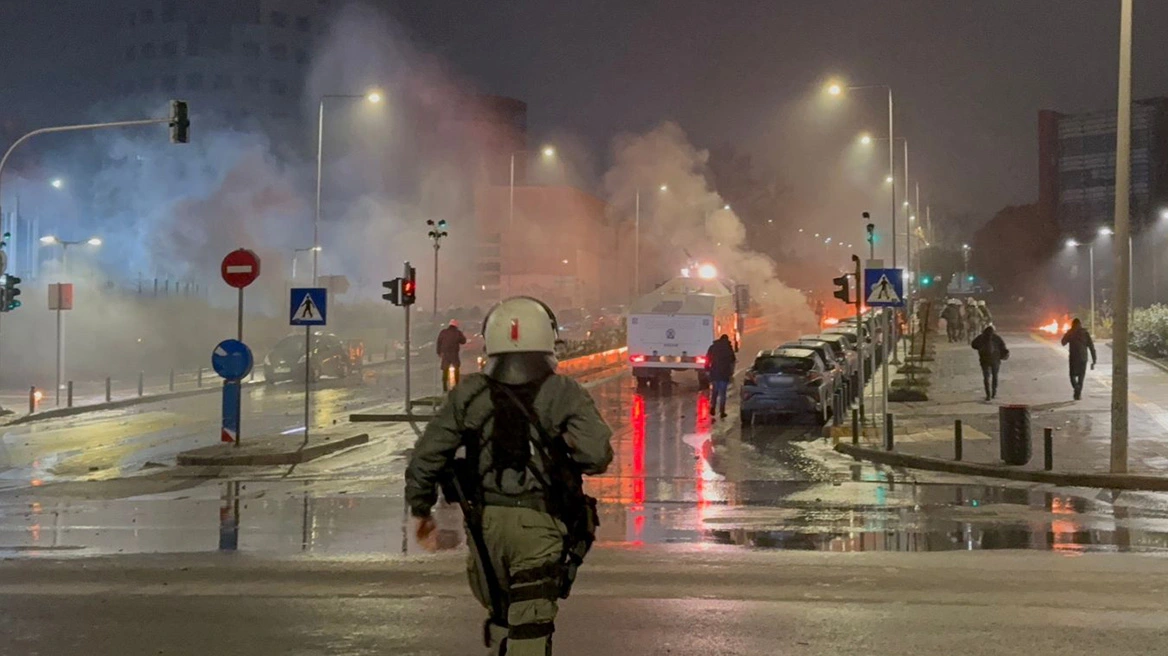Amidst a political crisis, France continues to swirl with Macron’s efforts to forge alliances, as the early parliamentary elections have caused strong reactions in the country’s political landscape, weakening the power of the French president, according to Bloomberg.
Parties across the political spectrum said “non” to Macron’s call for “democratic forces” to join forces to form a governing coalition. The left-wing alliance, known as the New Popular Union, insisted it had the mandate to appoint a prime minister, while the center-right Republicans pledged to topple a left-led government.
Given the positions of the party leaders, there seems to be no resolution in sight after the impasse that arose following Sunday’s parliamentary elections. The French National Assembly was left divided among three main factions, as voters did not trust the far-right National Rally to take power.
After days of silence, Macron finally made his first substantive statement on the murky political landscape. In a letter published yesterday in the French press, the centrist president admitted that the vote showed “a clear demand for change and for the distribution of power,” urging MPs to “build a broad partnership.”
“I invite all political forces that recognize themselves in democratic institutions, the rule of law, parliamentarism, European orientation, and the defense of French independence, to engage in a sincere and loyal dialogue to build a stable majority, necessarily different for the country,” he stated in his letter.
The hung parliament without a strong majority left Macron with limited power. While it appeared he could turn to either the center-left or the center-right to build a workable alliance, Macron seems to be “flirting” with both simultaneously, Bloomberg notes. It’s a tactic he tried in 2022, and it didn’t work then.
However, his definition of suitable parties excludes the far-left “Unsubmissive France” led by Jean-Luc Mélenchon. Mathilde Panot, head of the party in the National Assembly, said Macron’s letter was “shocking.” She called on Macron to accept that the Left won the election, stressing that the New Popular Union is working on a single candidate for prime minister and that the French president should nominate that person. “We have a democratic result,” Panot told Franceinfo radio today.
“It is not possible to change the rules when the result does not suit you,” said Olivier Faure, head of the Socialist Party, accusing Macron of not “respecting the vote of the French people.”
While the left alliance remained united, Bruno Retailleau – the Republican leader in the Senate – rejected the idea of a government led by the Left. He also urged Macron to choose a neutral prime minister from outside the National Assembly, warning that if a candidate from the leftist alliance is chosen, his party will table a no-confidence motion to try to topple the government.
Under the French constitution, Macron has the prerogative to appoint the prime minister, but threats to overthrow the government limit his options. In his letter, the French president said he would wait to name a prime minister to give the parties’ talks a chance to bear fruit.
As the post-election search for suitable candidates heats up, concerns about the country’s trajectory have worried Bank of France Governor François Villeroy de Galhau.
He argued that the country cannot afford to continue increasing the deficit or burdening businesses with more taxes and costs, highlighting the uncertainty that the political chaos is creating in the economy. “As we emerge from the shock of inflation, we are unfortunately threatened by another shock – a shock of uncertainty,” the governor of the Bank of France told Franceinfo radio today.
After Sunday’s runoff, the New Popular Union – which includes France Unsubmissive, the Socialists, the Greens, and the Communists – has the most seats in the National Assembly (577 seats) after an unexpected surge.
Ask me anything
Explore related questions
